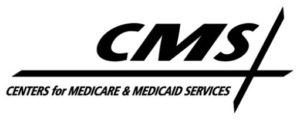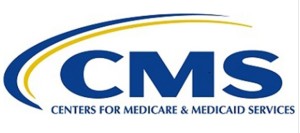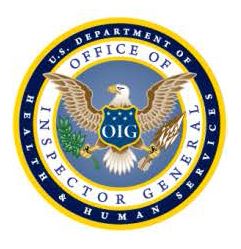- Medicare safeguard overwhelmed by pricey drugs (toledoblade.com)
A safeguard for Medicare beneficiaries has become a way for drugmakers to get paid billions of dollars for pricey medications at taxpayer expense, government numbers show...The cost of Medicare’s “catastrophic” prescription coverage jumped by 85 percent in three years, from $27.7 billion in 2013 to $51.3 billion in 2015...Out of some 2,750 drugs covered by Medicare’s Part D benefit, two pills for hepatitis C infection — Harvoni (ledipasvir/sofosbuvir) and Sovaldi (sofosbuvir)— accounted for nearly $7.5 billion in catastrophic drug costs in 2015...The pharmaceutical industry questions the numbers, saying they overstate costs because they don’t factor in manufacturer rebates. However, rebates are not publicly disclosed...Medicare’s catastrophic coverage was originally designed to protect seniors with multiple chronic conditions from the cumulatively high costs of taking many different pills. Beneficiaries pay 5 percent after they have spent $4,850 of their own money. With some drugs now costing more than $1,000 per pill, that threshold can be crossed quickly...
- Medicare drug plan prices set to rise in 2016, some by a lot (cnbc.com)
More than 15 million people enrolled in the top 10 Medicare "Part D" prescription drug plans will face average premium hikes of 8 percent next year,...Those top 10 plans account for more than 80 percent of enrollment in such drug plans…Five of the top prescription drug plans will see double-digit premium hikes next year.
- Panel Would Make Insurers Help Contain Rising Drug CostsPanel Would Make Insurers Help Contain Rising Drug Costs (nytimes.com)
An influential federal advisory panel is calling for Congress to force private insurers to rein in rapid increases in prescription drug costs — by cutting some Medicare payments to insurance companies while shielding older Americans from higher out-of-pocket expenses...The recommendations by the nonpartisan Medicare Payment Advisory Commission would squeeze private insurers and drug makers alike, creating strong new incentives for insurance companies to manage the use of prescription medicines by beneficiaries and negotiate larger price discounts with pharmaceutical manufacturers...The recommendations will be included in a June report to Congress, which often heeds the panel’s advice...More than 40 million of the 56 million Medicare beneficiaries have drug coverage through Part D, and national surveys indicate that most are satisfied with the coverage. But out-of-pocket costs for some beneficiaries have increased in recent years as insurers require them to pay 25 percent or more of the cost for expensive specialty drugs to treat chronic or complex illnesses, including cancer, rheumatoid arthritis, multiple sclerosis and hepatitis C...Pharmaceutical companies and advocates for beneficiaries said some of the panel’s recommendations could harm patients’ access to certain medicines and raise costs for some low-income people...
- CMS issues guidance on AWP compliance (drugstorenews.com)
Centers for Medicare and Medicaid Services…issued guidance to all Medicare Part D plan sponsors regarding the Part D program's "any willing pharmacy" requirement…To comply with the AWP requirement,.. all…plans must have posted standard contracting terms and conditions… This new guidance should help reduce the likelihood of repeating the debacle of early 2015 that affected approximately 400,000 Medicare beneficiaries…
- 5 ways OIG checks hospital safety (healthcareitnews.com)
New this year is quality reporting data…The Office of Inspector General in the Department of Health and Human Services is charged with overseeing the agency's programs to make sure they function efficiently and safely…OIG recently released its work plan for 2016…Here, among the vast responsibilities assigned to the office are five items OIG will check to ensure hospitals provide quality care and maintain safety:
- CMS validation of hospital-submitted quality reporting data
- Hospitals' contingency plans for protecting data in the EHR
- Hospital preparedness and response to high-risk infectious diseases
- Long-term-care hospitals – adverse events in post-acute care for Medicare beneficiaries
- Inpatient rehabilitation facilities – adverse events for Medicare beneficiaries
- Sen. Brown introduces legislation to stop medication abuse (americanpharmacynews.com)
Sen. Brown … introduced…legislation, …Stopping Medication Abuse and Protecting Seniors Act, to address prescription drug abuse by cracking down on doctor shopping… creation of a Medicare lock-in program ..through better monitoring of prescription patterns on the part of doctors, pharmacies and patients...





